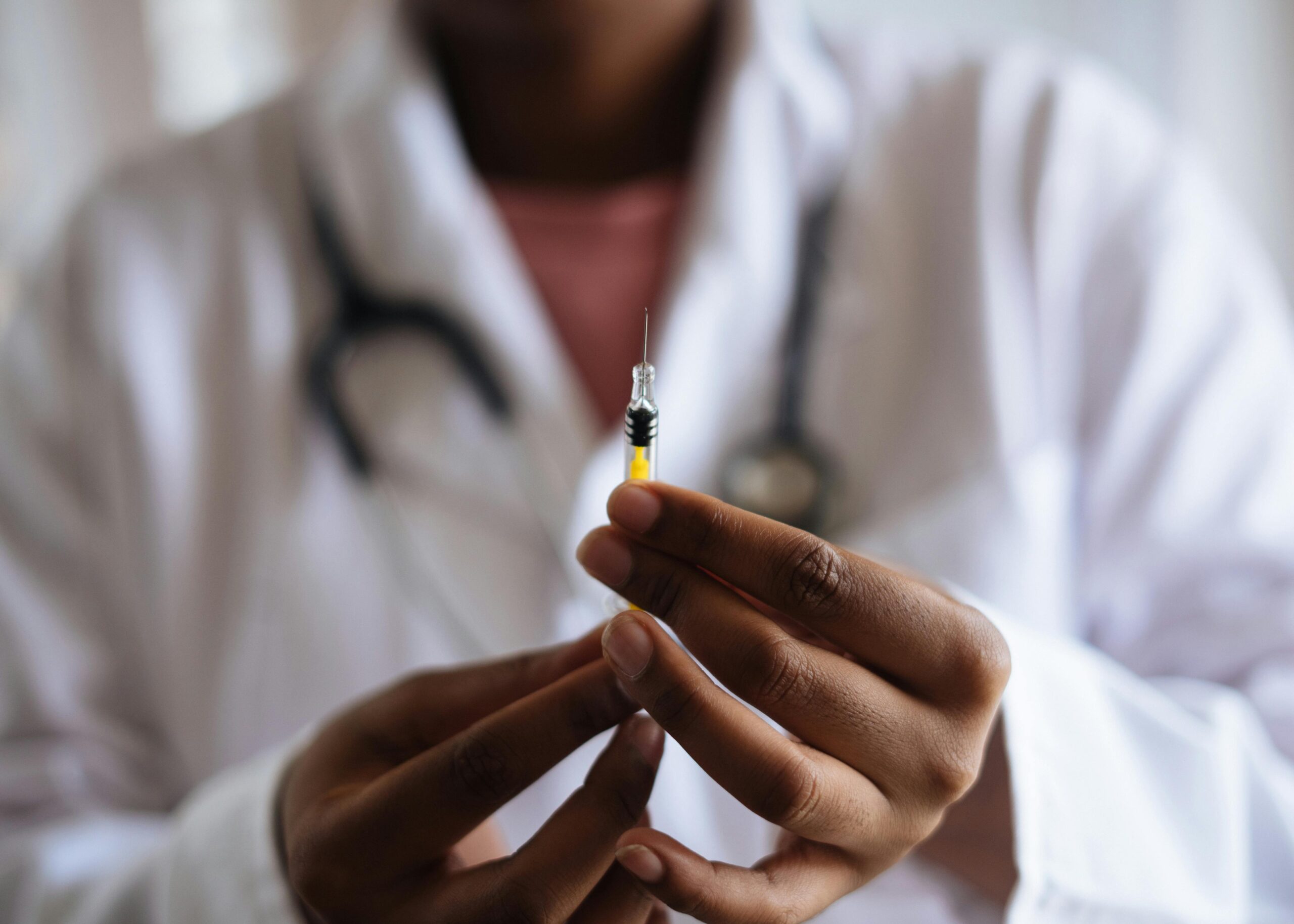The approval of vaccines from Pfizer and Moderna is a significant step toward enhancing international efforts against COVID-19. The purpose of developing these vaccines is to improve the defense system against new variants and provide more effective immunity for hundreds of thousands of individuals. Here, we take a look at the essential information regarding these new vaccines, their advantages, and what this approval means for the continuing fight against COVID-19.
Table of Contents
- You Understand It — Explains: New COVID Vaccines
- The Importance of These Vaccines
- How the Vaccines Work
- Who Should the New Shots Go To?
- Potential Side Effects
- The Approval Process
- What Experts Are Saying
- How to Get to the Vaccines
- Conclusion: COVID-19 Prevention Going Forward
Getting to Know COVID Vaccines
Key Takeaways: Two of the primary pharmaceutical companies fighting COVID-19 have developed promising vaccines, recently authorized by the FDA: Pfizer and Moderna. It is important to note, however, that these vaccines have been designed for the newer variants of the virus, which have some resistance towards older versions of vaccines.
The eventual passage of this FDA approval will prove to be a vital move in guaranteeing that these vaccines are truly reliable and safe for the public at large. The revisions are intended to offer wider coverage, including against the super-contagious variants that have cropped up in recent months.
Potential Importance of These Vaccines
Given the evolution of SARS-CoV-2 and additional cases from newer variants relative to original GWAS populations, while still effective against COVID-19 itself, these same researchers believe vaccines no longer provide comparable protection, thus prompting booster shots. Here comes the role of the recently approved vaccine. With a new formula for the vaccine targeting these specific mutations, Pfizer and Moderna hope to slow down the transmission of the virus as well as prevent it from causing severe illness or hospitalization.
Furthermore, the approval of these new vaccines demonstrates progression in the ongoing evolution and plan to remain on top of changes with the virus. This is especially the case with cooler months coming in when respiratory viruses like COVID-19 can spread more readily.
How the Vaccines Work
The Pfizer and Moderna vaccines both use either identical or almost identical modifications of the mRNA technology behind their earlier iterations. Nonetheless, the new coronavirus vaccines have been altered to work against specific spike proteins present around virus regions. To enter human cells, the virus also needs to attach itself with spike proteins that are responsible for the binding of the molecule and interact with receptors which are similarly recognized by antibodies.
The vaccine tells cells in our body to produce a harmless part of the spike protein. This, in turn, triggers the immune system to see this protein as a threat and produce an attack against it. When that person is later exposed to the real virus, their immune system knows what to do and can, in many cases, neutralize it before they get sick.
To Whom Will the New Vaccines Be Offered?
The FDA has advised that the new vaccines can be given to a broad swath of people and said shots should most quickly go to those who face the greatest risk if they develop severe COVID-19. This includes:
Older Adults
Those aged 65 and over are at higher risk of serious illness, so they should get the new vaccine as soon as it becomes available.
Hospitalized COVID Patients
If you are hospitalized with COVID symptoms, your doctor will likely automatically test for the delta variant of SARS-CoV-2. The new vaccine is highly recommended for cancer patients or transplant recipients with weak immune systems, such as the elderly and children under 12 years of age.
Healthcare Workers
Healthcare professionals are constantly exposed to COVID-19 and thus should be at the forefront of volume vaccination.
Underlying Health Conditions
Conditions such as diabetes, heart disease, etc., can make COVID-19 severe. The new vaccine should be given to people diagnosed with these conditions.
Potential Side Effects
Like any vaccine, there can be side effects — but they are generally mild and only last a day or two. Some of the side effects are usual ones that people face with new COVID vaccines, restricted to:
Injection Site Pain
This is the most common side effect and usually goes away after a few days.
Tiredness
Rest and low energy after being vaccinated (due to muscle fatigue) are both common.
Headache

It can give you a mild to moderate headache, which is temporary.
Fever
A low-grade fever indicates the body is responding to vaccination and learning how to build immunity.
However, these side effects are mostly mild and should not discourage people from getting vaccinated. The risk of side effects from the vaccine is minimal compared to its benefits.
The Approval Process
The decisions to approve these new vaccines in the U.S. were not made lightly by FDA scientists. The vaccines underwent rigorous testing and then a thorough review to make sure they are safe and effective, according to the agency that approves them. Thousands of people signed up for human trials on the two vaccines, and they are scrutinized now by clinical trial monitors to look at their effectiveness in stopping new variants.
In those trials, they found that the new vaccines did an excellent job of protecting against COVID-19 — even against newer variants. The FDA has approved these medications after reviewing all the data and ensuring they are safe for use by the general public.
What Experts Are Saying
The FDA’s approval of the new vaccines has generally been lauded by health experts and even public health officials. Immunologists like Dr. Anthony Fauci said it was this booster shot’s unique immunization to adjust against changes in the virus’s nature. This approval is a significant stage in the fight against COVID-19, he added.
Dr. Rochelle Wilensky, the Director of the Centers for Disease Control and Prevention (CDC), similarly stressed the need to vaccinate using this new model in order not only to prevent hospitalizations but also to save vulnerable communities’ lives.
How to Get to the Vaccines
Now that the vaccines have received full approval from the FDA, they will be sent out to vaccination sites across the U.S., and they are all brand new online order tickets by Pfizer and Moderna. Vaccines are available through the following methods:
Pharmacies
Having the new vaccines at many local pharmacies can encourage individuals to get vaccinated conveniently.
Healthcare Providers
In addition to offering the traditional flu vaccine, doctors’ offices and clinics will have any licensed or newly approved H1N1 vaccines in stock.
Public Health Clinics
In many regions, public vaccinations are given in underserved suburbs.
It is recommended to inquire with local health officials or check the CDC website for the latest details on the availability of vaccines.
In Conclusion: What Does the Future of COVID-19 Prevention Look Like?
On Thursday, the FDA approved two new COVID vaccines from Pfizer and Moderna, making it a major step in the effort to combat the virus. These pharmaceutical companies have provided a great weapon to control the spread of viral infections and save public health by enhancing vaccines against new types.
We need to be ready for what lies ahead, with any modifications that could make these vaccines better seen as an opportunity; get weekly updates on the COVID-19 vaccine rollout. We can all work together and continue to keep pushing forward toward the finish line of COVID-19 so that we never go through anything like this again.


